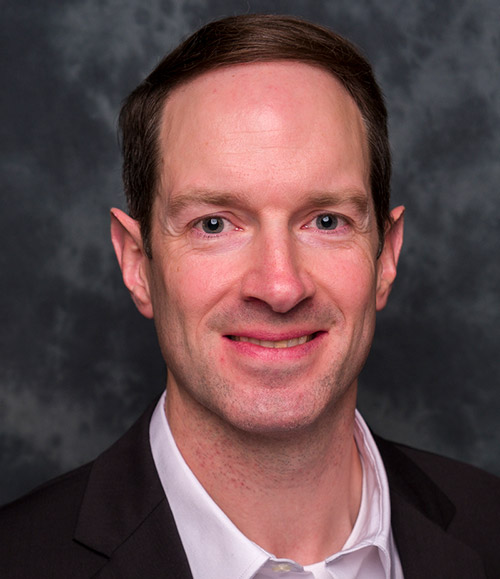Christopher Nye, organizational psychologist at Michigan State University, has been at the forefront of addressing the intersection of AI and workforce dynamics. Nye is the chair of the Society of Industrial and Organizational Psychology’s Task Force on AI-Based Personnel Assessment and Prediction. SIOP launched this task force in the Fall of 2021 as a proactive response to the increasing use of AI in employee selection and promotion. Their goal is to increase awareness of scientific research on the use of AI in the workplace and to propose guidelines for effective and unbiased use of this technology in organizations.
In February 2024, a new Bipartisan Task Force on Artificial Intelligence was announced by House Speaker Mike Johnson and Democratic Leader Hakeem Jeffries. Comprising 24 representatives, evenly split between Democrats and Republicans, the task force is charged with exploring policy changes necessary to ensure continued American leadership in AI innovation while addressing potential risks. This initiative underscores the growing recognition of AI's impact on various sectors, including the workplace.
Recently, I met with the offices of Reps. Suzanne Bonamici and Haley Stevens, who are two members of the Bipartisan Congressional Task Force, that have had prior interest in AI workforce and workplace policy. During these meetings, I introduced organizational psychology and the work of the SIOP Task Force.
It is great to see Reps. Bonamici and Stevens, along with other members of the Bipartisan Task Force, addressing these important issues. Given our expertise in the psychology of work and workers, many organizational psychologists are examining ways of using artificial intelligence in the workplace in safe, effective and unbiased ways.
Staff of both offices expressed interest in continuing to work with us and the SIOP Task Force as the Bipartisan Task Force begins considering potential policy changes. These interactions serve as a crucial step in fostering collaboration between scientific experts and policymakers, ensuring that policy decisions are informed by rigorous research and expertise.
My extensive research and experience in organizational psychology underscores the importance of scientific expertise in shaping AI policy, and my engagement with policymakers helps to bridge the gap between academia and government, which facilitates informed decision-making of AI policy.
This story was adapted from a story that appeared on the Department of Psychology Website.
The MSU College of Social Science is working to address how emerging technologies affect a wide variety of groups and outcomes and evaluate how organizational strategies can best ensure inclusiveness and improve workers’ lives. Learn more about The Future of Work initiative here.
